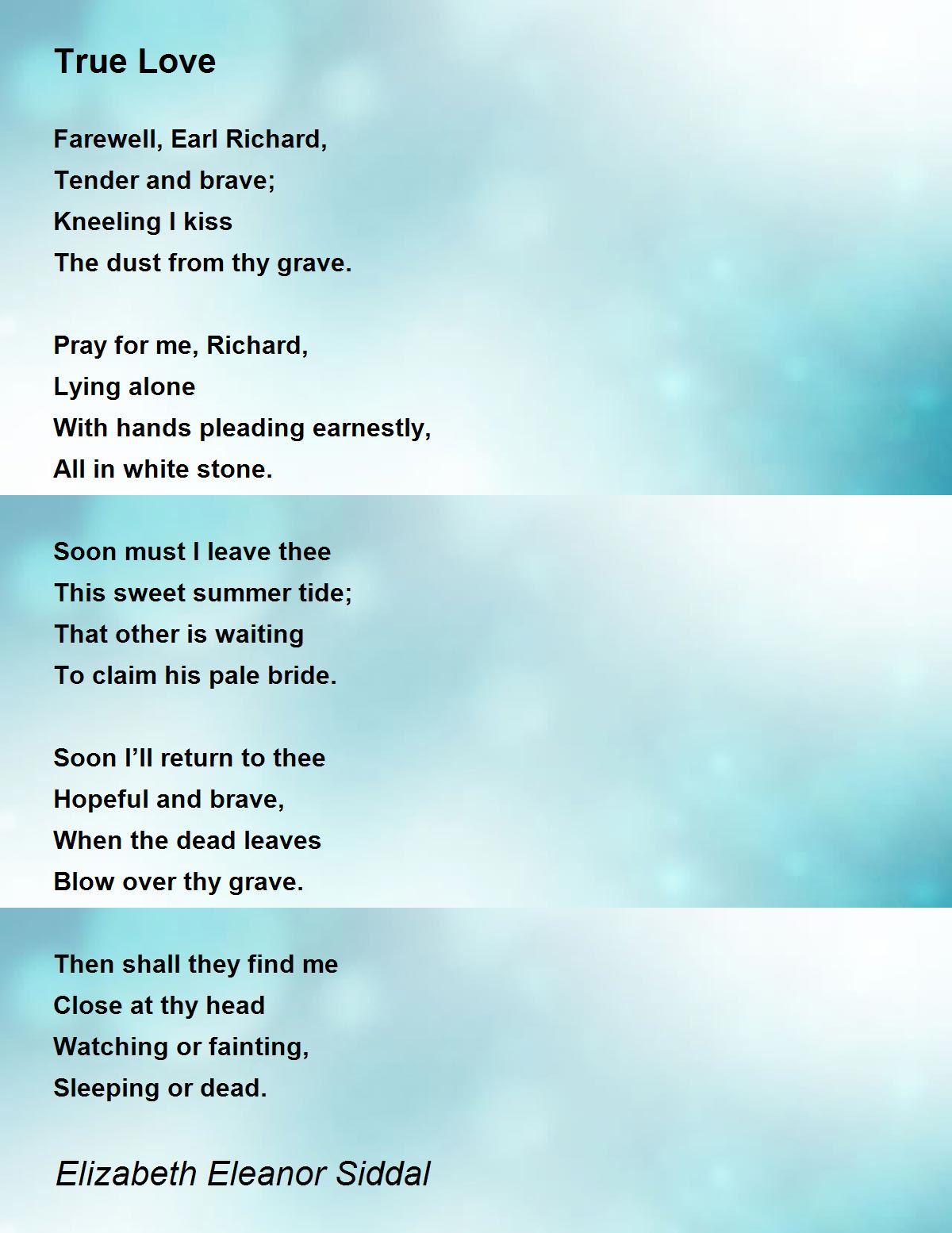

In the poem “Intercession” the narrator writes a letter to God on behalf of a sinful man “who suffers from extreme delay,” very much like himself. The second half of the volume reveals a change in the narrator’s strategy. Dejected, the narrator confesses, “I Surrender It All,” a pledge he makes to renounce his sinfulness for “my freedom.” This is the halfway mark (11th poem of 22) in the volume, but still, God has not spoken.

Instead, the narrator engages in “A Conversation with Obstacle,” then a consultation with “the specialist” who advises ambiguously that facing his impediment is his only path to his goal, futile discussions with his “close ones” who are in no position to help him, and speculation about “my muse” who may not be helpful either, but his resorting again to “Obstacle” only causes him to threaten to report that figure to God. But Jesus of Nazareth is not invoked as a deus ex machina. In the poem “Forgive Me,” the narrator begs to be forgiven of his sins and reminded of the Cross. Not having any external response to his mortal anguish, the suffering narrator despairs of finding meaning in his existence, even contemplating suicide if God does not resolve his doubts and fears. Reminiscent of Old Testament poetic books Lamentations, Job, Ecclesiastes and Psalms, to which these free-verse poems explicitly refer, Okonkwo’s first volume of his Escape from the Unseen Dungeons is populated by a host of personified beings like a medieval Psychomachia, a battle of spirits or soul combat, where opposing abstractions wage war against each other in an earnest contest for the narrator’s soul.

This volume of twenty-two spiritual poems explores the agony of a wicked man’s sincere search to understand the imponderable abstractions of existence when God has not answered his cries and prayers while time threatens to cut him off before he can achieve his destined greatness.


 0 kommentar(er)
0 kommentar(er)
